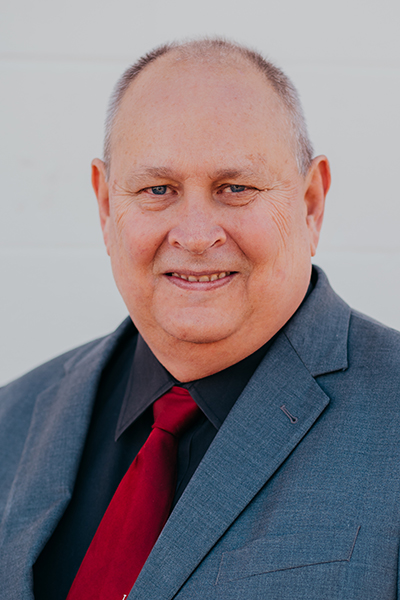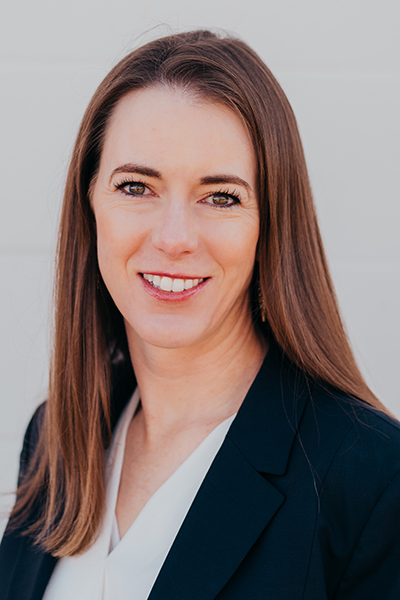For the families of the 10,000+ Wyomingites living with Alzheimer’s, the cost of caring for loved ones with the disease, not to mention the emotional strain it often puts on families, can create challenges that risk draining financial resources and putting loved ones in conflict with one another.
Since more than 1 in 9 people across the United States (11.3%) age 65 and older have Alzheimer’s dementia, according to the Alzheimer’s Association of Wyoming, it is important for families to anticipate the worst-case scenario and plan for two important outcomes: providing the best care for loved ones diagnosed with dementia, and ensuring that the family’s resources are not unnecessarily drained.
“We have seen far too many families that have not anticipated the changes that come with an Alzheimer’s diagnosis,” said Debra Antista-Bianchi, executive director of the Alzheimer’s Association of Wyoming. “Ensuring that loved ones get a prompt diagnosis is essential because without it, families cannot take advantage of the resources they’ll need to navigate the disease as it evolves.”
The other critical step is to manage financial resources so care can be provided while the family can continue to thrive.
Estate planning mistakes

Wyoming’s Lubnau Law, which works with the Alzheimer's Association to counsel families on estate planning, believes it’s never too early to anticipate the changes that come with a dementia diagnosis.
“People without knowledge of dementia in their family history are usually in denial (about this disease),” said Thomas Lubnau of Lubnau Law, which serves clients statewide through its offices in Gillette and Cheyenne.
“Our clients who are not currently dealing with the issue will ignore it until it’s too late. That’s the population we need to reach so they can plan effectively.”
Lubnau and his colleague, attorney Alison O. Gee, mentioned several common estate planning mistakes families make as it relates to dementia:
- Lack of planning – “Not having powers of attorney (POAs) in place…not planning for the extreme costs of nursing home care…not taking steps immediately after receiving a (dementia) diagnosis,” said Lubnau.
- Putting your head in the sand – “Most people who receive this diagnosis are just scared,” said Gee. “They put their head in the sand and just manage the day-to-day details, hoping the (disease) process will be slower than others they’ve seen.”

The two attorneys acknowledged that Wyoming offers specific challenges for families that need to anticipate care needs for loved ones.
“The state is not supporting the elder population with dementia very well,” said Lubnau. “The biggest hole is the lack of facilities and waiting lists at care facilities.”
Gee noted that many families end up placing loved ones with dementia in assisted living residences 200 or more miles away, and that many long-term care facilities are in dire financial straits.
Another challenge Antista-Bianchi cited is the fact that Wyoming is one of 20 states declared a “dementia neurology desert” because the state had only 3 geriatricians as of 2021, a number that will need to jump 766% to 26 by 2050 in order to serve just 10% of the state’s population age 65 and older.
Estate planning tips
To help families begin the planning process, the Lubnau Law attorneys offered several suggestions to families:
- Do not assume you need to spend your assets down – There is an assumption that families must spend down all of their assets to be eligible for Medicaid benefits. Gee notes that it is important for families to find an attorney who understands estate planning and knows what assets may be exempt from the spend-down process. "We worked with one family that couldn’t stomach the process and decided to forego doing Medicaid planning, so they lost their ranch and cows,” she said. “If they’d come in years earlier, we could have saved all of it.”
- Build a team – Having a team of trusted people, such as the family physician, attorney, insurance agent, banker and accountant can help ensure that the needs and interests of the person diagnosed with Alzheimer’s or other form of dementia are adhered to. The attorneys noted that, unfortunately, there are many instances where the family member with the power of attorney misuses assets, or does not ensure that their loved one gets prompt and appropriate care. Having a “care team” can help reduce the risk of abuse.
- It’s never too late – “There’s always something that can be done,” said Gee. “Ideally, if you know when you were going to develop (signs of) dementia, you’d begin planning five years earlier, but you need to find an attorney experienced in estate planning who can help you.”
To learn more about programs and services offered at no charge by the Alzheimer’s Association, go to
alz.org or call the Association’s free 24/7 Helpline at 800-272-3900.
Alzheimer's Association
The Alzheimer's Association leads the way to end Alzheimer's and all other dementia — by accelerating global research, driving risk reduction and early detection, and maximizing quality care and support. Our vision is a world without Alzheimer's and all other dementia.™ For more information, visit www.alz.org or call the 24/7 Helpline at 800.272.3900.